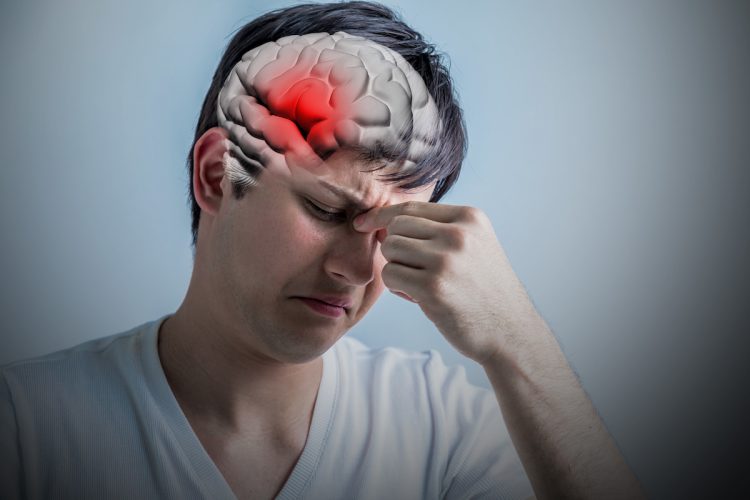Genetic Brain Disorder

What Is A Genetic Brain Disorder & What Are The Symptoms?
A genetic brain disorder is a condition caused by a mutation in one or more genes that affect the development or function of the brain. There are many genetic brain disorders, and the symptoms can vary depending on the specific condition.
Some common symptoms include intellectual disability, seizures, problems with movement, and abnormal behavior. In some cases, people with a genetic brain disorder may also have physical abnormalities, such as small head sizes or facial deformities. Genetic brain disorders can be difficult to diagnose because the symptoms can vary widely from person to person.
In addition, many of these conditions are rare, so doctors may not recognize them unless they are specifically looking for them. Although there is no cure for most genetic brain disorders, early diagnosis and treatment can often improve the symptoms and help people with these conditions lead full and productive lives.

How Do Neuro Disorders Affect People’s Lives?
A brain disorder caused by a change in the DNA is called a congenital or hereditary brain disorder. These types of disorders can be passed down from parents to children. Some examples of gene brain disorders include Huntington’s disease, Alzheimer’s disease, and sickle cell anemia. These disorders can cause problems with thinking, movement, and emotions.
Genetic brain disorders are diagnosed by doing a medical history and physical exam. The doctor will also ask about family history. A blood test, MRI, or CT scan may also be done. Treatment may include medicine, therapy, and surgery. Some disorders cannot be cured, but treatment can help manage symptoms.
What Are The Possible Causes Of A Genetic Brain Disorders?
There are several possible causes for genetic brain disorders. One is a mutation, an error in the DNA that codes for a protein. This can happen randomly or be passed down from one generation to the next. Another possibility is chromosomal abnormalities, which occur when there is an error in the structure of the chromosomes.
Mutations can also cause this, or it can be the result of problems during cell division. Finally, issues with epigenetics (the chemical modification of DNA) can also lead to genetic brain disorders. These disorders can be caused by exposure to environmental toxins, or they can result from changes in lifestyle or diet. Ultimately, the cause of a genetic brain disorder is often unknown. However, research into the causes of these disorders is ongoing, and discoveries are being made all the time.
What Is The Diagnosis For Someone With A Genetic Brain Disorder?
The prognosis for someone with a genetic brain disorder can vary depending on the type and severity of the disorder. In general, however, most people with a genetic brain disorder will experience some cognitive impairments and require lifelong care. In some cases, people with a genetic brain disorder may also experience physical impairments, such as seizures or paralysis. While there is no cure for a genetic brain disorder, early diagnosis and treatment can help improve symptoms and quality of life. With advances in medical technology, more people are living longer and healthier lives with a genetic brain disorder. However, the challenges of living with a chronic condition can be significant, and many people with a genetic brain disorder require support from family, friends, and caretakers to manage their condition.
How Can You Cope If You Have A Loved One With A Genetic Brain Disorder?
It can be difficult to know how to cope if you have a loved one with a genetic brain disorder. The first thing to remember is that you are not alone. Many resources and support groups are available to help you through this difficult time. Additionally, it is important to be patient and understand that your loved one may not be able to communicate or express their feelings in the same way as someone without the disorder. They may also require special care and assistance with everyday tasks. However, despite these challenges, having a close and meaningful relationship with your loved one is still possible. By being patient, supportive, and understanding, you can help them through this difficult time.